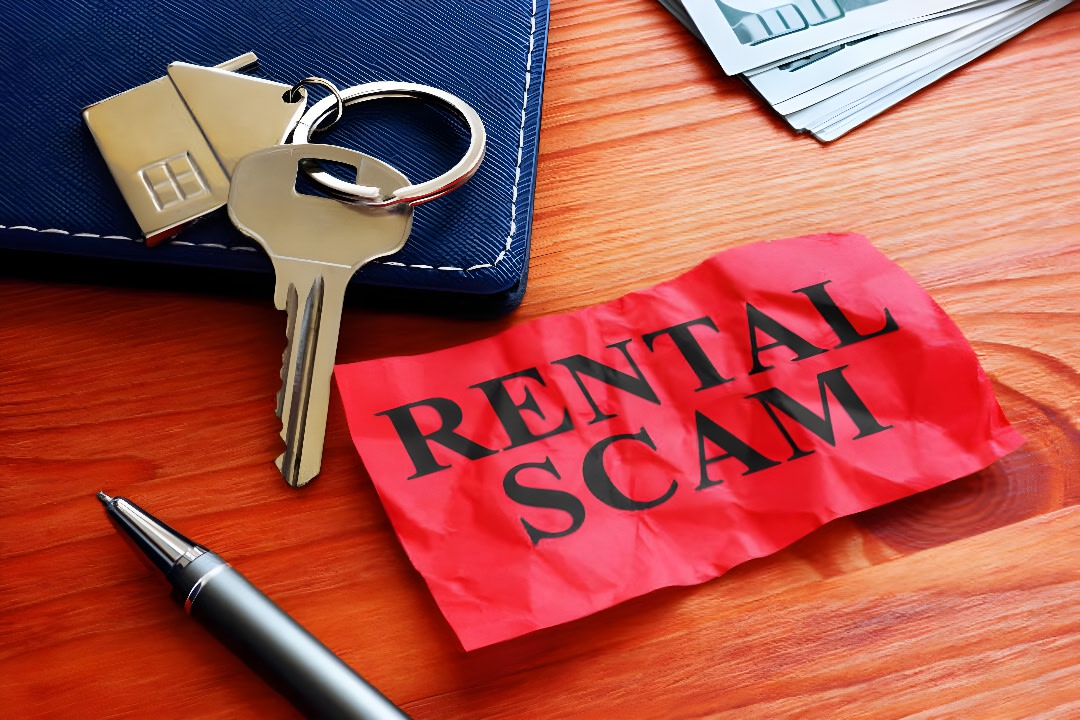
How to Prevent Common Tenant Scams as a Landlord
Landlords play a crucial role in the housing market, providing homes for individuals and families across the country. However, just as in any business, there are individuals who may attempt to take advantage of landlords through various scams. In this article, we will discuss some of the common tenant scams targeting landlords and offer guidance on how to avoid falling victim to them.
- Fake Rental Applications
One of the most common scams landlords encounter is the submission of fake rental applications. Scammers provide fraudulent personal and financial information, often using stolen identities, to secure a rental property. To avoid this scam, carefully vet each applicant by verifying their identity, income, and rental history. Use background checks and credit reports to confirm their legitimacy.
- Forged Pay Stubs
Tenants looking to rent a property may submit forged pay stubs or employment verification documents to inflate their income and improve their chances of approval. To combat this, request direct verification from the employer or consider alternative methods, such as bank statements, to verify income.
- Subletting Without Permission
Some tenants may attempt to sublet the property without obtaining proper consent from the landlord. This not only violates the lease agreement but can lead to unauthorized individuals residing in the property. Prevent this scam by being vigilant about lease agreements and conducting regular inspections.
- Fake Maintenance Requests
Scammers may pose as tenants and submit fake maintenance requests to gain access to the property or create a reason to withhold rent. Always verify maintenance requests with legitimate tenants and establish a clear process for submitting such requests.
- Bounced Checks
A common scam is when tenants write checks for rent that bounce due to insufficient funds. To avoid this, consider online rent payment methods, set up automated bank drafts, or require money orders or cashier’s checks.
- Unauthorized Pets
Some tenants will sneak pets into the property despite a “no pets” policy in the lease agreement. Regular inspections and clear lease terms are essential for preventing this scam.
- Squatters
In some cases, individuals may move into a vacant property and claim they have a right to be there, sometimes even producing fraudulent lease agreements. To prevent this, secure your vacant properties, conduct regular inspections, and promptly address any unauthorized occupants.
- Lease-Breaking Scams
Tenants may attempt to break their lease early without following the proper procedures outlined in the lease agreement. Ensure your lease agreement includes clear terms and penalties for breaking the lease prematurely.
- Security Deposit Scams
Scammers might provide a false forwarding address and disappear, making it difficult for landlords to return their security deposit. To avoid this, adhere to legal regulations regarding the handling of security deposits and keep detailed records of all transactions.
- Phony References
Tenants may provide fake references or use friends and family members as references. Always contact references and conduct thorough background checks to verify the authenticity of the information provided.
Landlords can protect themselves from common tenant scams by being vigilant, conducting thorough tenant screenings, maintaining clear lease agreements, and following legal guidelines. It’s essential to stay informed about the latest scams and continuously update your property management strategies to avoid falling victim to fraudulent tenant activities. By taking these precautions, landlords can reduce their exposure to scams and enjoy a more secure and profitable rental business.






